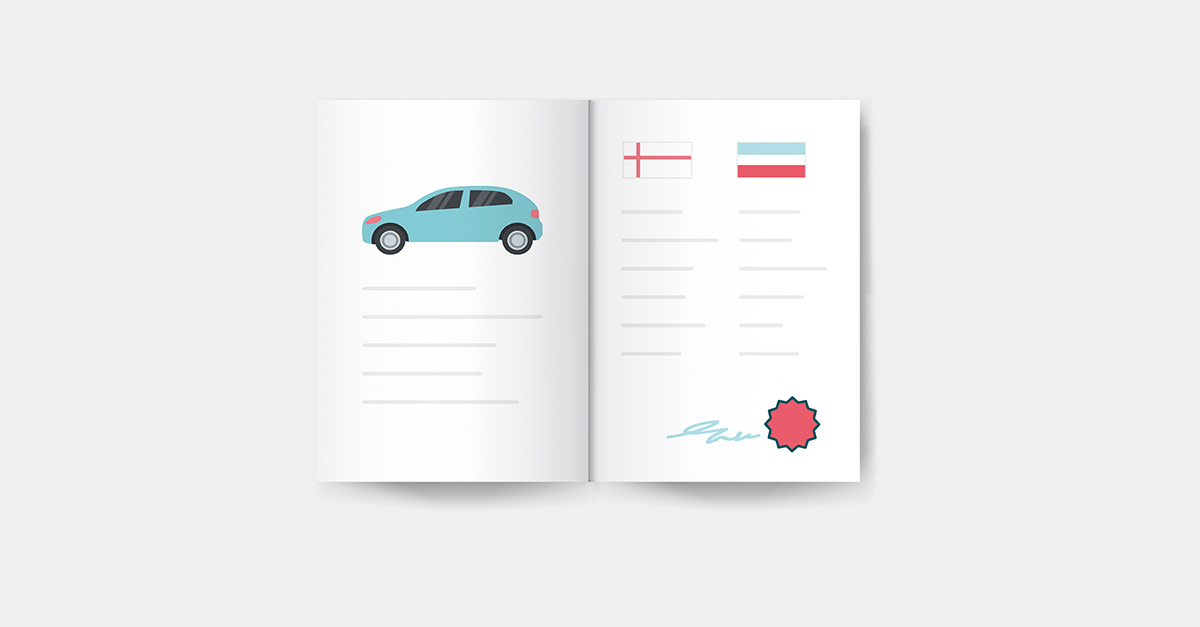
Author: Florian Steinert-Niewierra
Practice Leader, Automotive, LanguageWire
LinkedIn

Author: Florian Steinert-Niewierra
Practice Leader, Automotive, LanguageWire
LinkedIn

How will Regulation 2018/858 impact content?
This blog was updated to reflect the enforcement period for EU Regulation 2018/858 is active as of September 1st, 2020.
Health and safety, protection of the environment and market surveillance play key roles in the EU type-approval of motor vehicles.
Now, manufacturers that sell to EU markets need to ensure that their technical content is compliant with new regulations, making translations a top priority.
EU Regulation 2018/858 will replace Directive 2007/46/EC. This regulation has binding legal force across EU member states.
It refers to the necessary technical processes, administrative roles and responsibilities of vehicle manufacturers, suppliers, distributors, as well as national authorities, to establish unified and comparable procedures in all EU member states.
Why is this impacting the content strategies of the automotive industry? In short, the new regulation requires that vehicle manufacturers provide technical information in all official EU languages of those countries where they sell products.
I must admit that reading more than 200 pages of the document is rather strenuous. However, Chapter XIII caught my attention. The paragraph about the ‘Provision of Technical Information’ highlights the increased translation expectations of manufacturers who need to comply with the new regulation:
‘2. The manufacturer shall make available to users all relevant information and necessary instructions that describe any special conditions or restrictions on the use of a vehicle, system, component, separate technical unit, part or equipment.’
‘3. The information referred to in paragraph 2 shall be supplied in the official language or languages of the member state where the vehicle, system, component, separate technical unit, part or equipment is to be placed on the market, registered or is to be entered into service. It shall also be provided in the owner’s manual.’
This paragraph means that manufacturers will have to consider publishing content in all 24 EU languages to obtain and maintain the EU type-approval for vehicles for these markets.
Irish is an official EU language. However, I doubt that car manufacturers in countries like Germany have considered the Irish language as a top priority in their global content strategy. I can only remember a handful of translation requests from automotive customers for this target language. This drives home the fact that leading manufacturers will need to scale and optimise their translation processes to keep up with the new regulation.
In addition, manufacturers are expected to ensure that access to technical information of their products is in an easily accessible online format. Market surveillance and information transparency during the product’s life cycle thus become crucial elements for all user groups, from national authorities who grant the type-approval to the end customer who buys and owns a vehicle.
There are numerous ways to manage the translation process, from using internal resources, working with freelancers and collaborating with translation agencies.
However, leading brands in the automotive industry are optimising their content workflows by working with global content solution providers.
The new regulation requires vehicle manufacturers to provide technical information in all official EU languages of those countries where they sell products. It is important that manufacturers are aware of these expectations and partner with content experts that have experience in handling technical translations. This will ensure that translations are accurate and compliant.
Related content
If you’re affected by EU Regulation 2018/858, LanguageWire’s team of global content experts can support your content needs and streamline your multilingual content workflows, ensuring efficient and accurate delivery of translation projects.